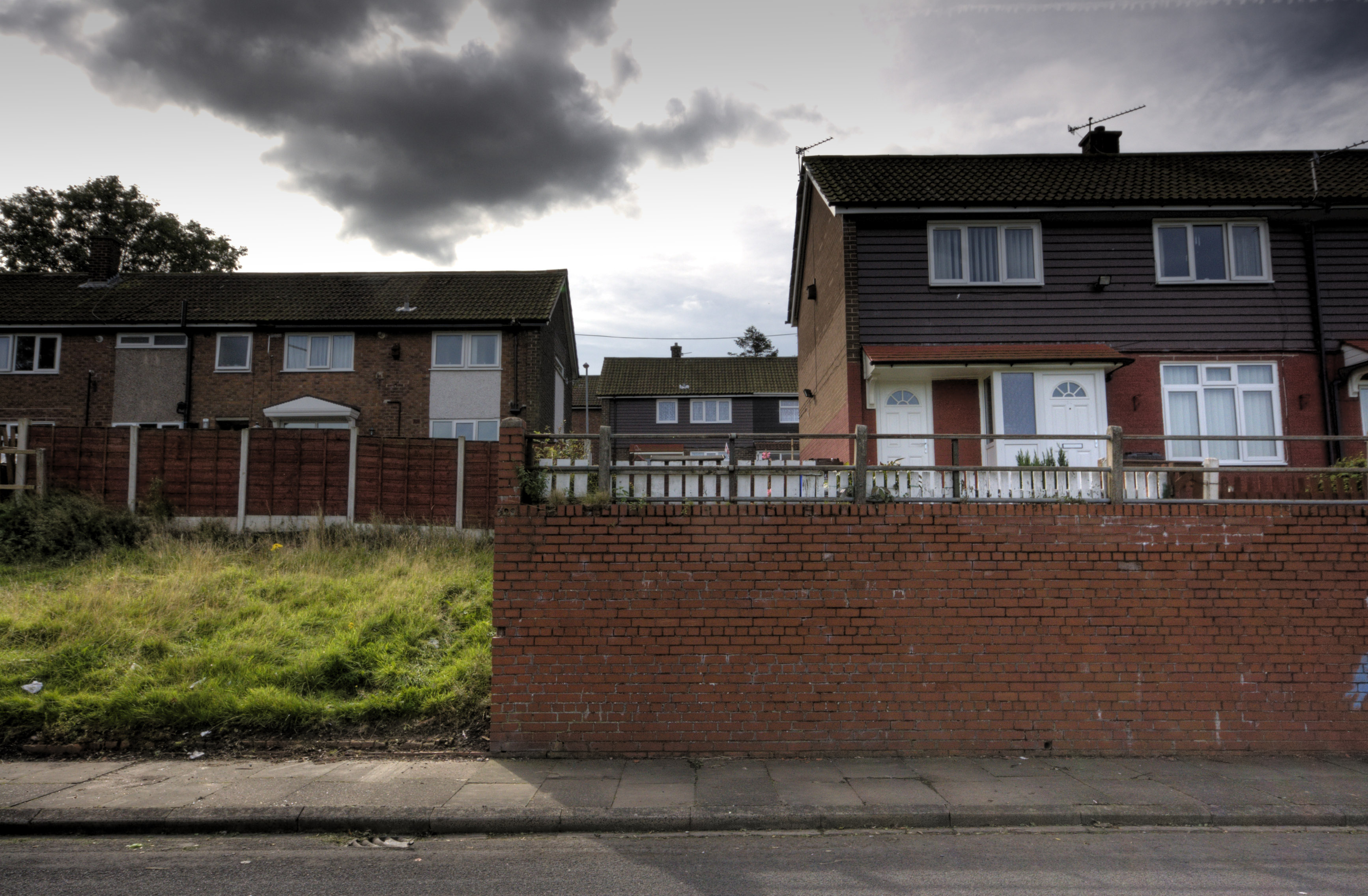|
Ronald Waterhouse (judge)
Sir Ronald Gough Waterhouse, GBE (8 May 1926 – 8 May 2011) was a judge of the High Court of England and Wales between 1978 and 1996. As a judge his highest profile case was when he presided over the acquittal of comedian Ken Dodd on charges of tax evasion. Immediately upon his retirement he led a three-year inquiry into the North Wales child abuse scandal, which reported in 2000. Life and career Ronald Gough Waterhouse was born in Holywell, Flintshire, North Wales, one of five children of a textile mill manager who was also a prominent local Liberal politician. He studied at Holywell Grammar School, trained as a pilot with the RAF Volunteer Reserve, and began studying law at St John's College, Cambridge. Returning to university after the Second World War, he became President of the Cambridge Union in 1950, and was called to the bar in 1952. [...More Info...] [...Related Items...] OR: [Wikipedia] [Google] [Baidu] |
Order Of The British Empire
The Most Excellent Order of the British Empire is a British order of chivalry, rewarding contributions to the arts and sciences, work with charitable and welfare organisations, and public service outside the civil service. It was established on 4 June 1917 by King George V and comprises five classes across both civil and military divisions, the most senior two of which make the recipient either a Orders, decorations, and medals of the United Kingdom#Modern honours, knight if male or dame (title), dame if female. There is also the related British Empire Medal, whose recipients are affiliated with, but not members of, the order. Recommendations for appointments to the Order of the British Empire were originally made on the nomination of the United Kingdom, the self-governing Dominions of the Empire (later Commonwealth) and the Viceroy of India. Nominations continue today from Commonwealth countries that participate in recommending British honours. Most Commonwealth countries ceas ... [...More Info...] [...Related Items...] OR: [Wikipedia] [Google] [Baidu] |
Parliament Of The United Kingdom
The Parliament of the United Kingdom is the Parliamentary sovereignty in the United Kingdom, supreme Legislature, legislative body of the United Kingdom, the Crown Dependencies and the British Overseas Territories. It meets at the Palace of Westminster, London. It alone possesses Parliamentary sovereignty, legislative supremacy and thereby ultimate power over all other political bodies in the UK and the overseas territories. Parliament is Bicameralism, bicameral but has three parts, consisting of the Monarchy of the United Kingdom, sovereign (King-in-Parliament), the House of Lords, and the House of Commons of the United Kingdom, House of Commons (the Parliament Acts 1911 and 1949, primary chamber). In theory, power is officially vested in the Queen-in-Parliament, King-in-Parliament. However, the Crown normally acts on the Advice (constitutional), advice of the prime minister, and the powers of the House of Lords are limited to only delaying legislation; thus power is ''de facto ... [...More Info...] [...Related Items...] OR: [Wikipedia] [Google] [Baidu] |
Tribunal Of Inquiry
A tribunal of inquiry is an official review of events or actions ordered by a government body. In many common law countries, such as the United Kingdom, Ireland, Australia and Canada, such a public inquiry differs from a royal commission in that a public inquiry accepts evidence and conducts its hearings in a more public forum and focuses on a more specific occurrence. Interested members of the public and organisations may make (written) evidential submissions, as is the case with most inquiries, and also listen to oral evidence given by other parties. Typical events for a public inquiry are those that cause multiple deaths, such as public transport crashes or mass murders. In addition, in the UK, the Planning Inspectorate, an agency of the Department for Communities and Local Government, routinely holds public inquiries into a range of major and lesser land use developments, including highways and other transport proposals. Advocacy groups and opposition political partie ... [...More Info...] [...Related Items...] OR: [Wikipedia] [Google] [Baidu] |
Queen’s Bench Division
The King's Bench Division (or Queen's Bench Division when the monarch is female) of the High Court of Justice deals with a wide range of common law cases and has supervisory responsibility over certain lower courts. It hears appeals on points of law from magistrates' courts and from the Crown Court. These are known as appeals by way of case stated, since the questions of law are considered solely on the basis of the facts found and stated by the authority under review. Specialised courts of the King's Bench Division include the Administrative Court, Technology and Construction Court, Commercial Court, and the Admiralty Court. The specialised judges and procedures of these courts are tailored to their type of business, but they are not essentially different from any other court of the King's Bench Division. Appeals from the High Court in civil matters are made to the Court of Appeal (Civil Division); in criminal matters appeal from the Divisional Court is made only to the ... [...More Info...] [...Related Items...] OR: [Wikipedia] [Google] [Baidu] |
Family Division
The High Court of Justice in London, known properly as His Majesty's High Court of Justice in England, together with the Court of Appeal and the Crown Court, are the Senior Courts of England and Wales. Its name is abbreviated as EWHC (England and Wales High Court) for legal citation purposes. The High Court deals at first instance with all high value and high importance civil law (non-criminal) cases; it also has a supervisory jurisdiction over all subordinate courts and tribunals, with a few statutory exceptions, though there are debates as to whether these exceptions are effective. The High Court consists of three divisions: the King's Bench Division, the Chancery Division and the Family Division. Their jurisdictions overlap in some cases, and cases started in one division may be transferred by court order to another where appropriate. The differences of procedure and practice between divisions are partly historical, derived from the separate courts which were merged into ... [...More Info...] [...Related Items...] OR: [Wikipedia] [Google] [Baidu] |
Rabies
Rabies is a viral disease that causes encephalitis in humans and other mammals. Early symptoms can include fever and tingling at the site of exposure. These symptoms are followed by one or more of the following symptoms: nausea, vomiting, violent movements, uncontrolled excitement, fear of water, an inability to move parts of the body, confusion, and loss of consciousness. Once symptoms appear, the result is virtually always death, regardless of treatment. The time period between contracting the disease and the start of symptoms is usually one to three months but can vary from less than one week to more than one year. The time depends on the distance the virus must travel along peripheral nerves to reach the central nervous system. Rabies is caused by lyssaviruses, including the rabies virus and Australian bat lyssavirus. It is spread when an infected animal bites or scratches a human or other animals. Saliva from an infected animal can also transmit rabies if the saliva ... [...More Info...] [...Related Items...] OR: [Wikipedia] [Google] [Baidu] |
Queen's Counsel
In the United Kingdom and in some Commonwealth countries, a King's Counsel (post-nominal initials KC) during the reign of a king, or Queen's Counsel (post-nominal initials QC) during the reign of a queen, is a lawyer (usually a barrister or advocate) who is typically a senior trial lawyer. Technically appointed by the monarch of the country to be one of 'His erMajesty's Counsel learned in the law', the position originated in England and Wales. Some Commonwealth countries have either abolished the position, or renamed it so as to remove monarchical connotations, for example, ' Senior counsel' or 'Senior Advocate'. Appointment as King's Counsel is an office, conferred by the Crown, that is recognised by courts. Members have the privilege of sitting within the inner bar of court. As members wear silk gowns of a particular design (see court dress), appointment as King's Counsel is known informally as ''receiving, obtaining,'' or ''taking silk'' and KCs are often colloquially ... [...More Info...] [...Related Items...] OR: [Wikipedia] [Google] [Baidu] |
Myra Hindley
The Moors murders were carried out by Ian Brady and Myra Hindley between July 1963 and October 1965, in and around Manchester, England. The victims were five children—Pauline Reade, John Kilbride, Keith Bennett, Lesley Ann Downey, and Edward Evans—aged between 10 and 17, at least four of whom were sexually assaulted. The bodies of two of the victims were discovered in 1965, in graves dug on Saddleworth Moor; a third grave was discovered there in 1987, more than twenty years after Brady and Hindley's trial. Bennett's body is also thought to be buried there, but despite repeated searches it remains undiscovered. The pair were charged only for the murders of Kilbride, Downey and Evans, and received life sentences under a whole life tariff. The investigation was reopened in 1985 after Brady was reported as having confessed to the murders of Reade and Bennett. After confessing to these additional murders, Brady and Hindley were taken separately to Saddleworth Moor to assist in the ... [...More Info...] [...Related Items...] OR: [Wikipedia] [Google] [Baidu] |
Aberfan Disaster
The Aberfan disaster was the catastrophic collapse of a colliery spoil tip on 21 October 1966. The tip had been created on a mountain slope above the Welsh village of Aberfan, near Merthyr Tydfil, and overlaid a natural spring. Heavy rain led to a build-up of water within the tip which caused it to suddenly slide downhill as a slurry, killing 116 children and 28 adults as it engulfed Pantglas Junior School and a row of houses. The tip was the responsibility of the National Coal Board (NCB), and the subsequent inquiry placed the blame for the disaster on the organisation and nine named employees. There were seven spoil tips on the hills above Aberfan; Tip 7—the one that slipped onto the village—was started in 1958 and, at the time of the disaster, was high. In contravention of the NCB's procedures, the tip was partly based on ground from which springs emerged. After three weeks of heavy rain the tip was saturated and approximately of spoil slipped down the side of the hill ... [...More Info...] [...Related Items...] OR: [Wikipedia] [Google] [Baidu] |






